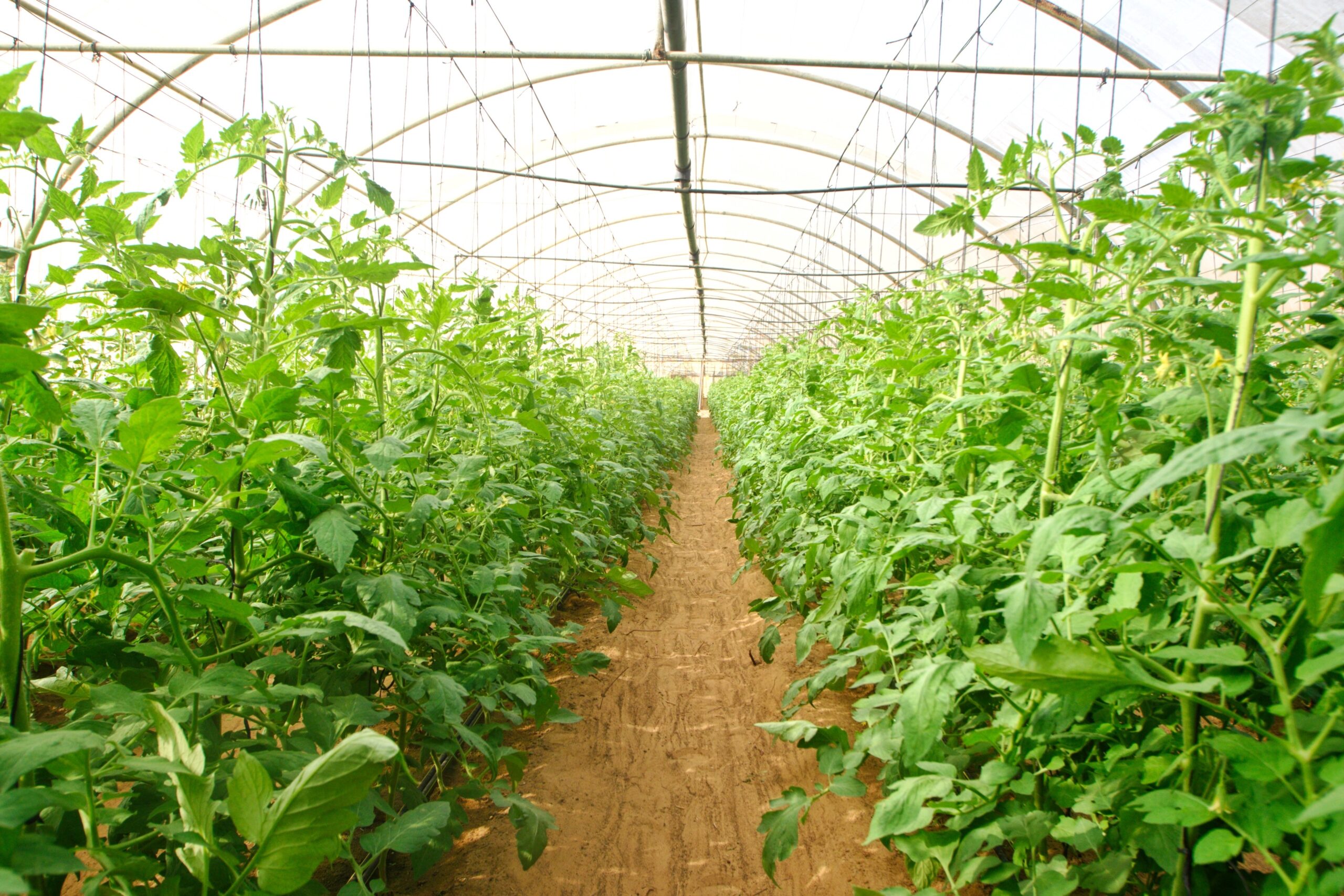NEW YORK (BLOOMBERG) – Barbara Kingsolver, who won the 2023 Pulitzer Prize for her novel Demon Copperhead, has woven environmental themes throughout her books for many years. This month, she will publish her first children’s book, Coyote’s Wild Home. She co-wrote it with her daughter Lily. They wanted to explain “how important predators are for maintaining the balance, and the species diversity of a whole ecosystem.” She hopes people will explore regenerative agriculture as way to combat climate change. – As told to Leslie Kaufman.
I grew up in rural Kentucky. We grew vegetables, and my dad raised cattle. My childhood took place mainly outdoors, mainly without adult supervision. My brother, and sister and I played in the woods, we fished in the ponds, we foraged, we collected and ate wild foods like pawpaws and persimmons. So I grew up fully aware that the world is inhabited by a lot more than one species. By the time I was in graduate school in the ’80s, I understood that climate change was a huge deal.
We can’t keep using more global biomass production (organic and animal matter) each year than the Earth is generating and pretend the earthly credit card bill isn’t going to come due. It’s mostly the generation older than mine that’s managing this huge denial. And that makes me furious, because they won’t have to pay the bill. They’ll all be dead.
We don’t rule the world-the Earth rules us. Current industrial farming practices basically just kill all the organisms in the soil and require you to manufacture new nutrients to put in there, which is all backward.
As a trained biologist, it’s really intuitive to me that farming that follows the laws of biology is going to just work a lot better in the long run.
I’m married to a professor who teaches sustainable agriculture, and I also live on a farm, among farmers who are practicing sustainable agriculture. In regenerative agriculture, I see the possibility of moving away from a very carbon-intensive, very industrial food system.
What I like about this movement is that it is so positive. I think it’s awfully important to remind people when they feel no hope that there are wonderful solutions that don’t involve deprivation. (Regenerative agriculture) produces food that’s really delicious and much better for you.
Another thing people do here is raise sheep and cattle on pastures. Native grasses in these pasturelands have very deep roots. In some ways they’re even better than forests at capturing carbon. When people are raising cattle on a pasture, this is actually a carbon-negative activity.
Farming is complex. I would urge people to educate themselves on their food and to get to know something about your farmer and how they’re working with or against the land.



